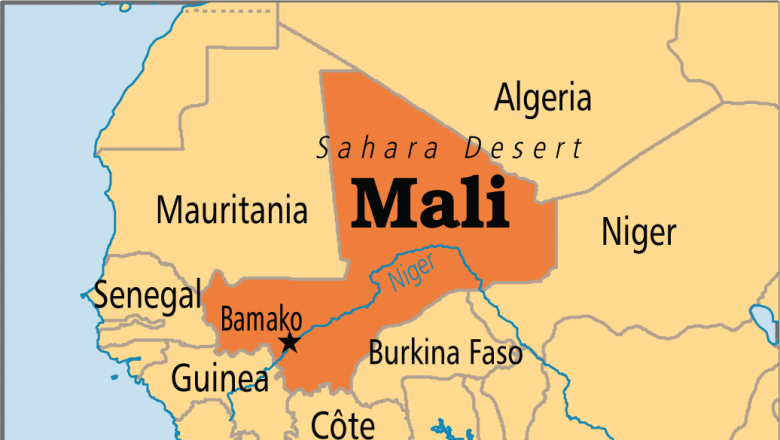The United Nations Office for West Africa and the Sahel (UNOWAS) recently released its semi-annual report covering the period from June 23, 2022 to December 30, 2022.Over the past six months, the security situation in Mali has not improved, according to the report of the United Nations Office for West Africa and the Sahel (UNOWAS) presented on Tuesday 10 January by its interim head, Giovanie Biha. According to the document consulted by APA, security has deteriorated in this Sahelian country especially after the departure of Barkhane, precipitated by the diplomatic row between Paris and Bamako, against the backdrop of the Malian transitional authorities’ rapprochement with Moscow and a supposed recourse to Wagner mercenaries.
In areas such as the so-called “three borders,” clashes between rival jihadist groups, the Islamic State and the ‘Groupe de Soutien à l’Islam et aux Musulmans’ (GSIM), as well as movements involved in the peace process, have raised the level of insecurity, the UN said. This has resulted in numerous civilian deaths and injuries and an unprecedented movement of people fleeing to relatively safer areas in the Gao and Menaka regions.
One of the consequences of this insecurity is the increase in the number of internally displaced persons in Mali, which now stands at more than 400,000. While humanitarian needs are increasing, funding to meet them is not as great as desired.
According to the UN, in 2022, 7.5 million people needed humanitarian assistance in the country, compared to 5.9 million in 2021. Last year, 12.9 million people (compared to 11.7 million in 2021) were affected, 52 percent of whom were women and 56 percent were children. Of these, 7.5 million (compared to 5.9 million in 2021) are considered to be in need of humanitarian assistance, 2.4 million of whom are in acute need. Thus, 36 percent of the total population, or more than one person in three, is in need of humanitarian assistance.

